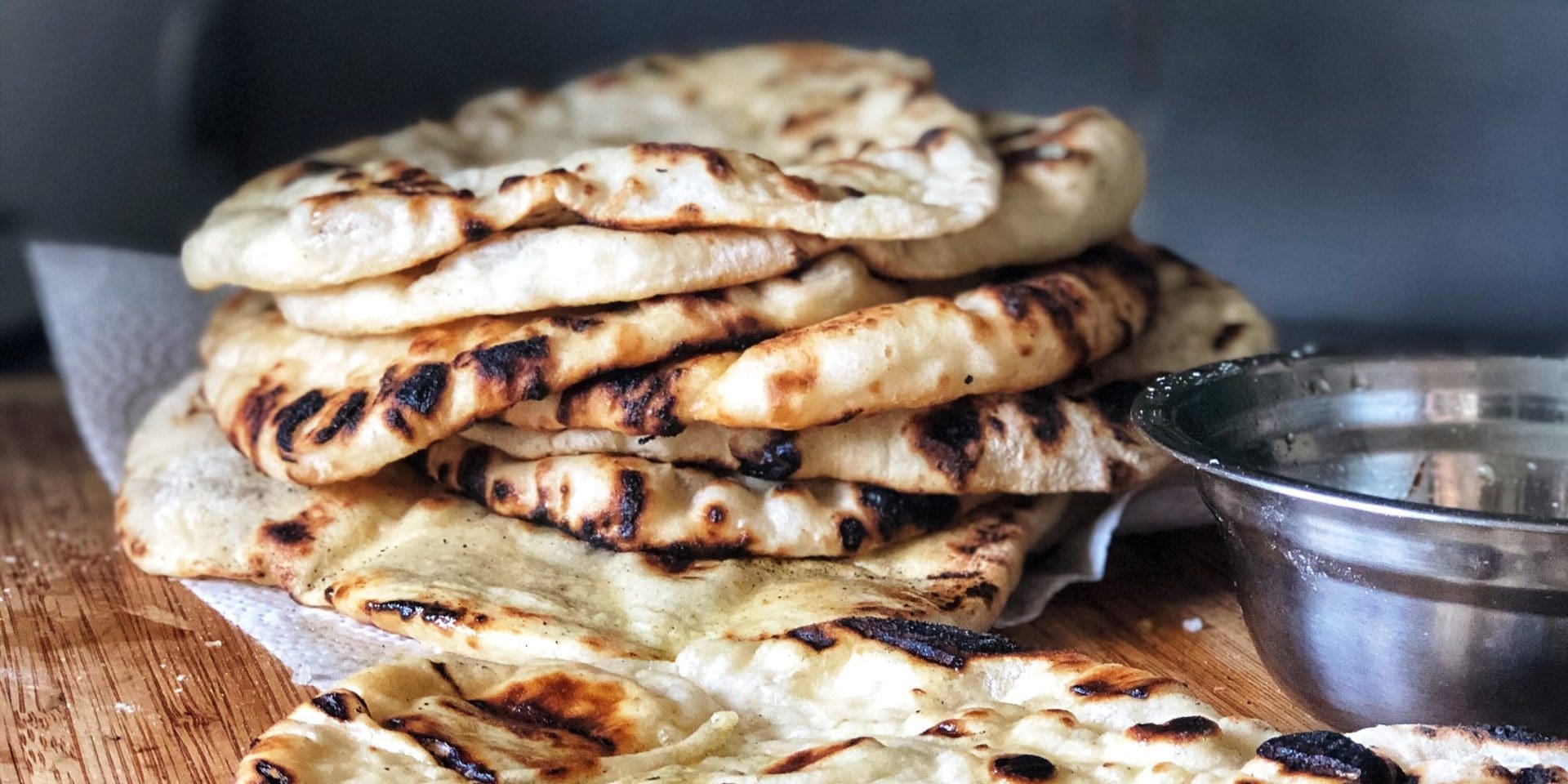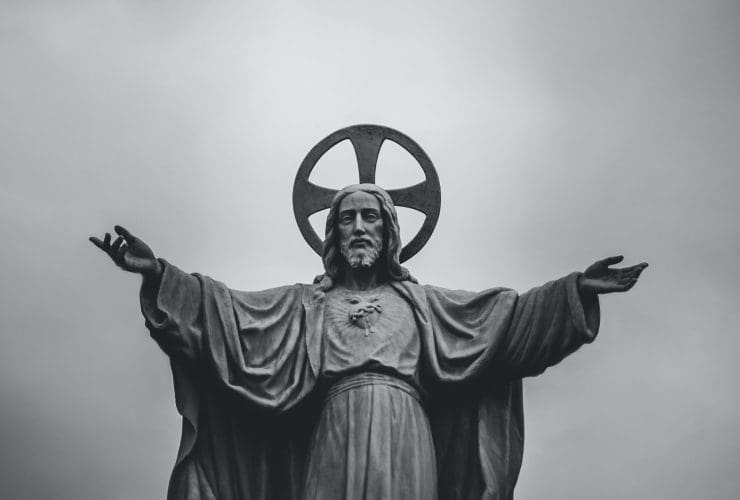Q:
“Why did God place such emphasis on unleavened bread ?”
Linda
Hey Linda, the quick answer is that when Israel left Egypt, there was no time to put leaven/yeast in the bread and wait for it to rise, so they had to, out of necessity, make bread without leaven (Deuteronomy 16:3). Unleavened bread, then, became a cultural reminder for the Passover and when God delivered them out of Egypt, particularly, that God was their deliverer. Therefore, every time unleavened bread was eaten, God’s deliverance from death and slavery would come to mind.
We also see later in the text that Christ compares the evil teachings of the Pharisees to leavened bread, as the yeast puffs up the bread. If you recall, Christ multiplies bread like manna from heaven and feeds four thousand on one occasion and five thousand people on another, a miracle by all accounts. Jesus and his disciples leave the area and the Pharisees soon after ask for a sign from heaven in which Christ denies them. Evil generations always ask for a sign, he says “Why does this generation ask for a sign? Truly I tell you, no sign will be given to it” (Mark 8:11-13). Why? Seems odd since he just gave the people a sign of his power. Well, it’s because signs, wonders, and miracles do not necessarily bring people to repentance, which is the whole point of the wilderness wandering–––they saw the Red Sea part yet complained and did not heed God’s commands. It’s always been about the heart, the invisible things in life veiled by the visible. In other words, Christ uses this miracle not to show everyone his miraculous power but as a theological symbol for good teaching: God multiplies, but man puffs up (1 Corinthians 8:1). The difference here is important: God’s teaching will spread and multiply for all people (Matthew 13:23), whereas evil teaching grows inward only, it’s prideful and selfish. Leaven or yeast, then, became a symbol of false teaching (Galatians 5:8-9; Mark 8:15). And as the final Passover lamb, what did Christ deliver us from? From death and the bondage of sin (1 Corinthians 15:55-57; John 8:34; Romans 6:6, 16).
Christ also compares himself to bread as the “bread of life” (John 6:35), which is in reference to not only manna eaten during the wilderness wandering but primarily to this unleavened bread eaten at Passover, which is what Jesus and his disciples ate during the last supper. And because yeast’s negative connotation, it offers probable cause to assume the apostles also ate unleavened bread every Sunday on the Lord’s Day, which is the day the Lord rose from the grave and conquered death.
I hope the further NT insight helps, as well. God Bless Linda!

Matlock Bobechko is the Chief Operating/Creative Officer of Bible Discovery. He is an eclectic Christian thinker and writer, award-winning screenwriter and short filmmaker. He writes a weekly blog on theology, apologetics, and philosophy called Meet Me at the Oak. He is also an Elder at his local church.






